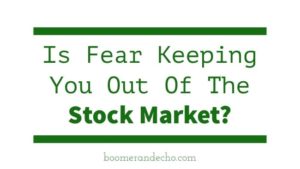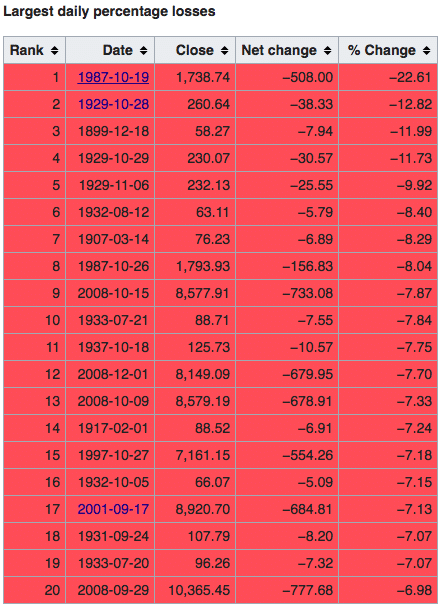One thing we found interesting was that during the height of the correction, the MSCI Emerging Markets Index outperformed the S&P 500 by almost 150 basis points on the downside, with other emerging market (EM) strategies holding up even better.1 Given that the EM asset class historically has had a standard deviation about 50% higher than that of the S&P, EM investors who may have expected the performance of EM to be worse than that of the U.S. were likely pleasantly surprised.
Valuation’s impact on Beta
The EM outperformance brings to mind a concept that Jeremy Grantham has written about: beta is a critical component of explaining relative performance, but valuation can influence beta. Assets that are more expensive relative to their history may experience volatility above their expected levels (and vice versa). When an asset’s price outruns its fundamentals, a downturn in the market can be disproportionally negative when the music stops.
This is the exact same idea that underpins WisdomTree’s original investment philosophy and why we focus on fundamentals. Regarding those fundamentals, within EM we remain encouraged by corporate earnings and believe that the attractive valuation currently offered by the asset class is being underappreciated. As such, the recent sell-off may have provided us with a live case study that validates the dynamic beta concept.
Using Volatility as a Buy signal
As our Chief Investment Strategist Luciano Siracusano recently noted, when the VIX spikes upward, the following 12 months historically have seen strong returns for the S&P 500. Taking it a step further, while elevated VIX levels have portended good times for U.S. equity investors, EM equity investors have had even greater reason to cheer. Continue Reading…








